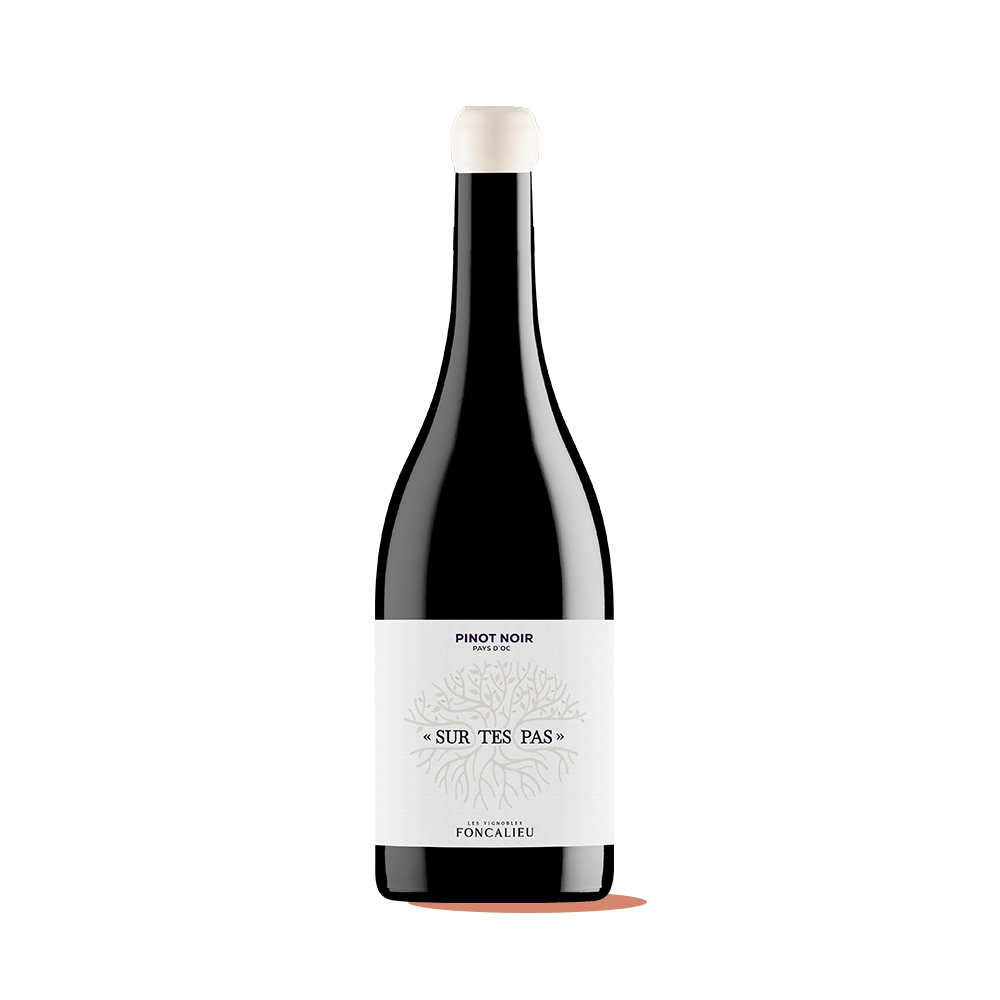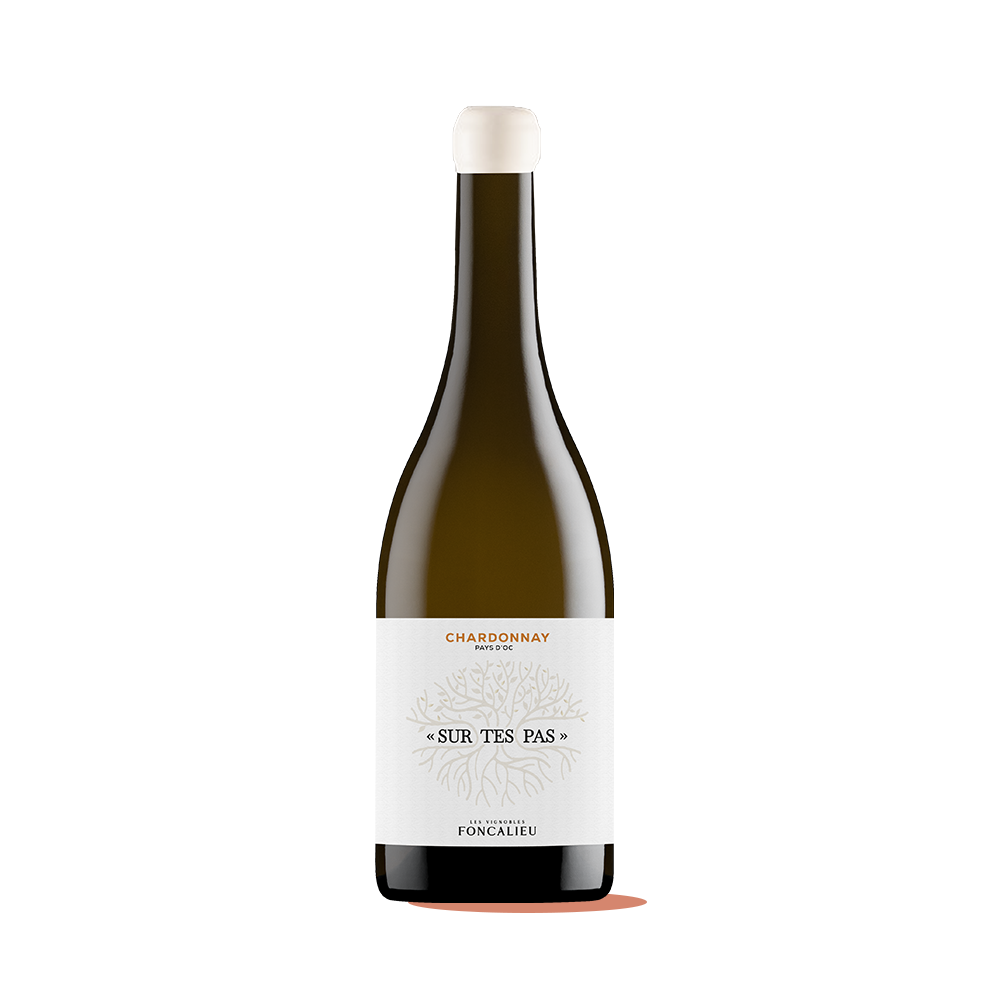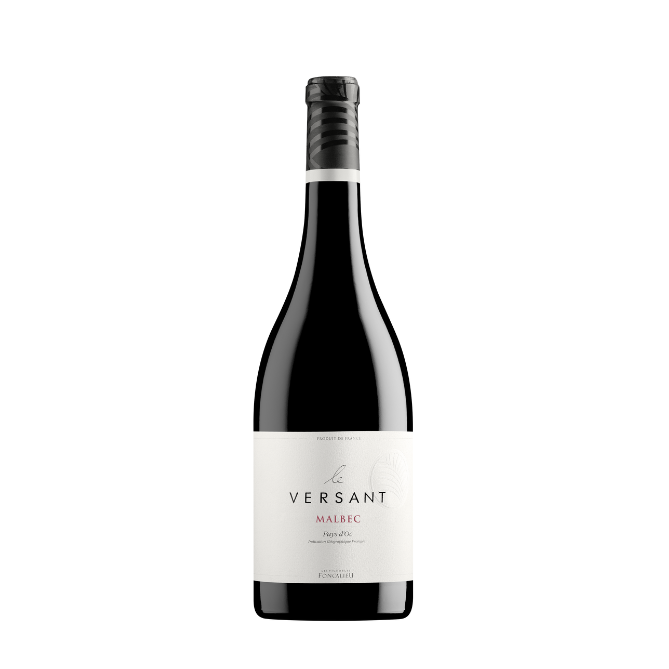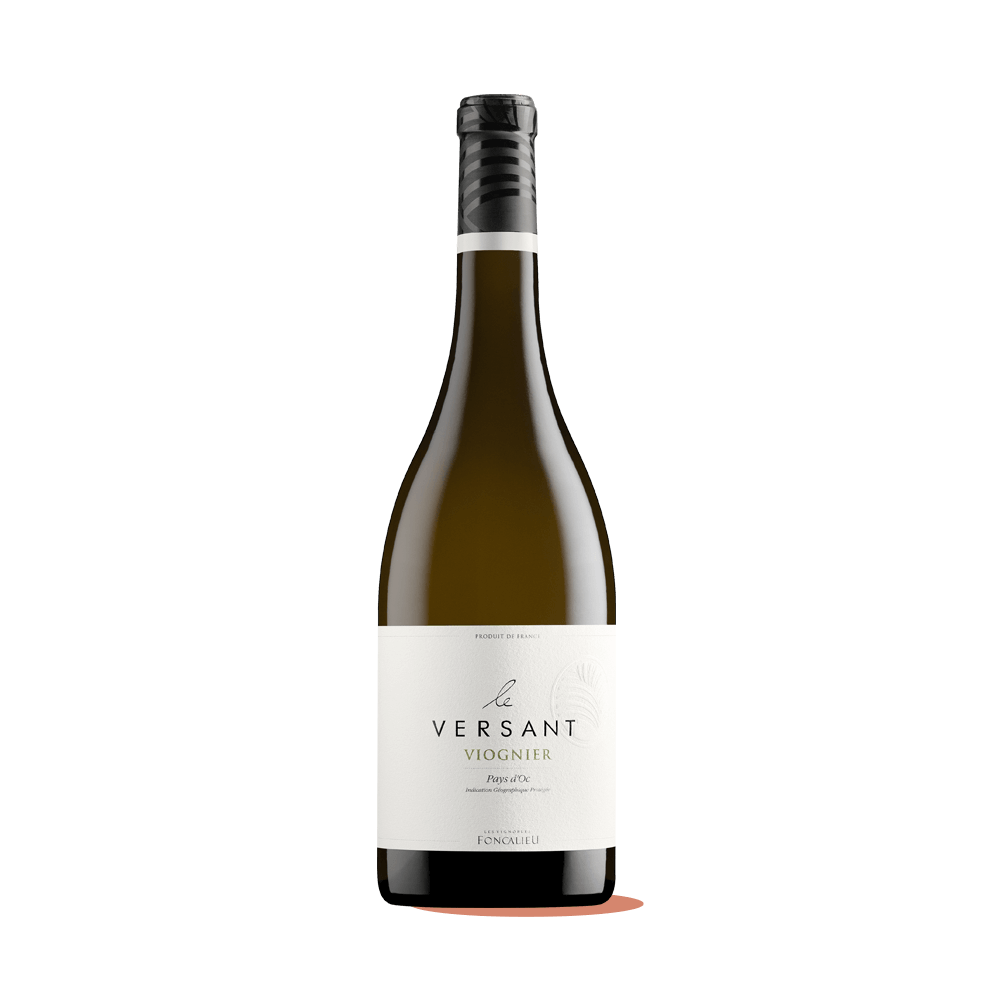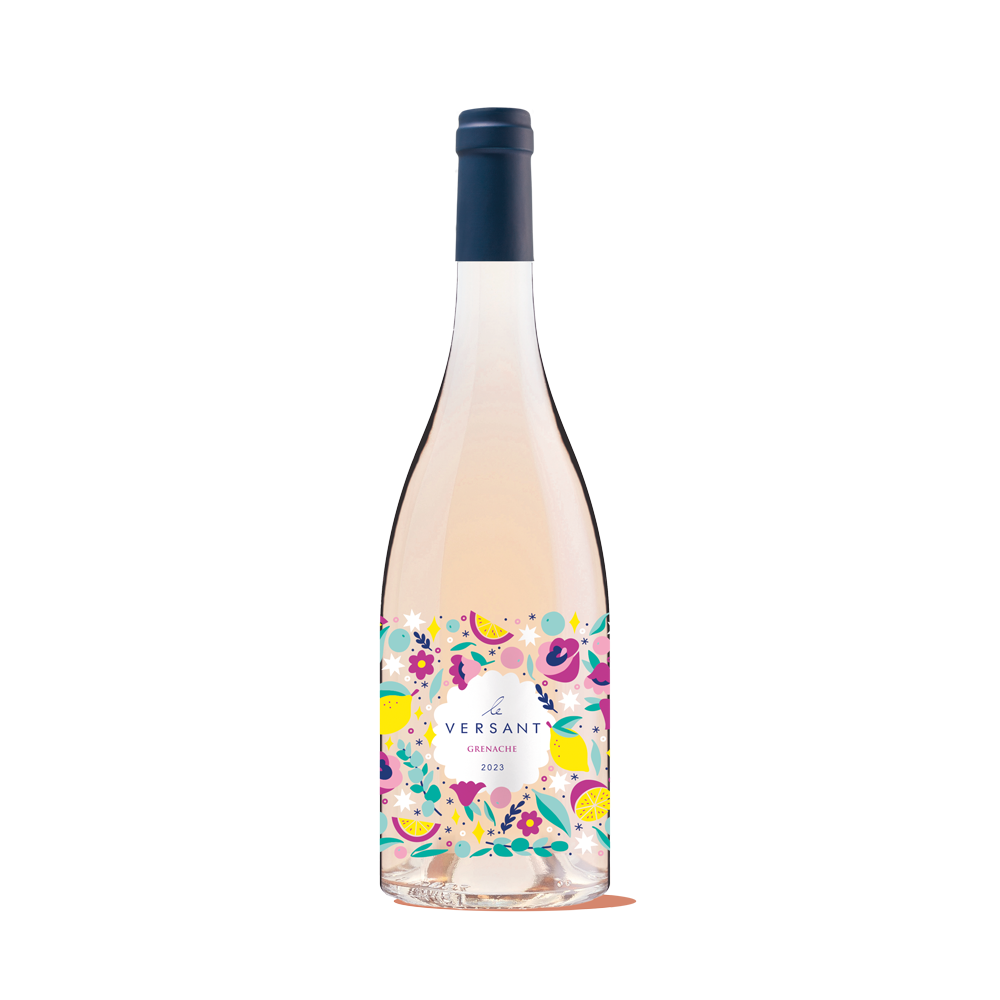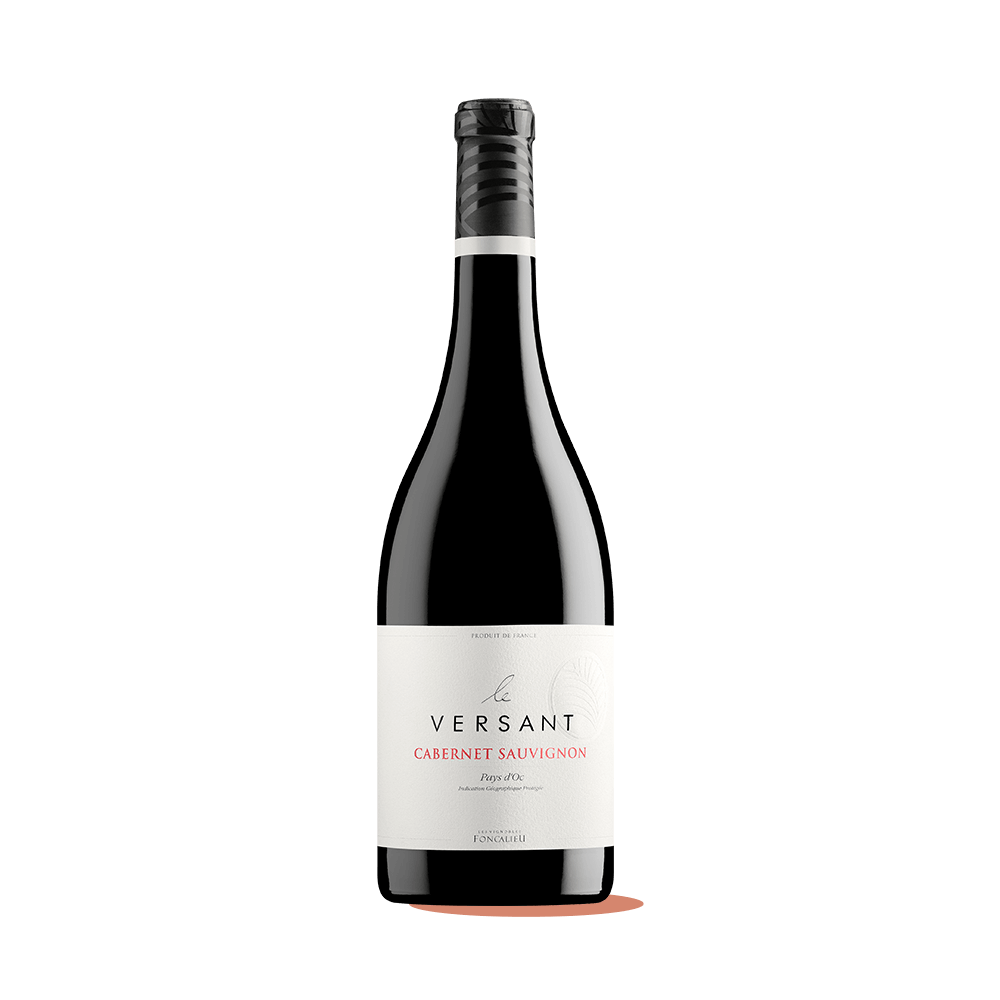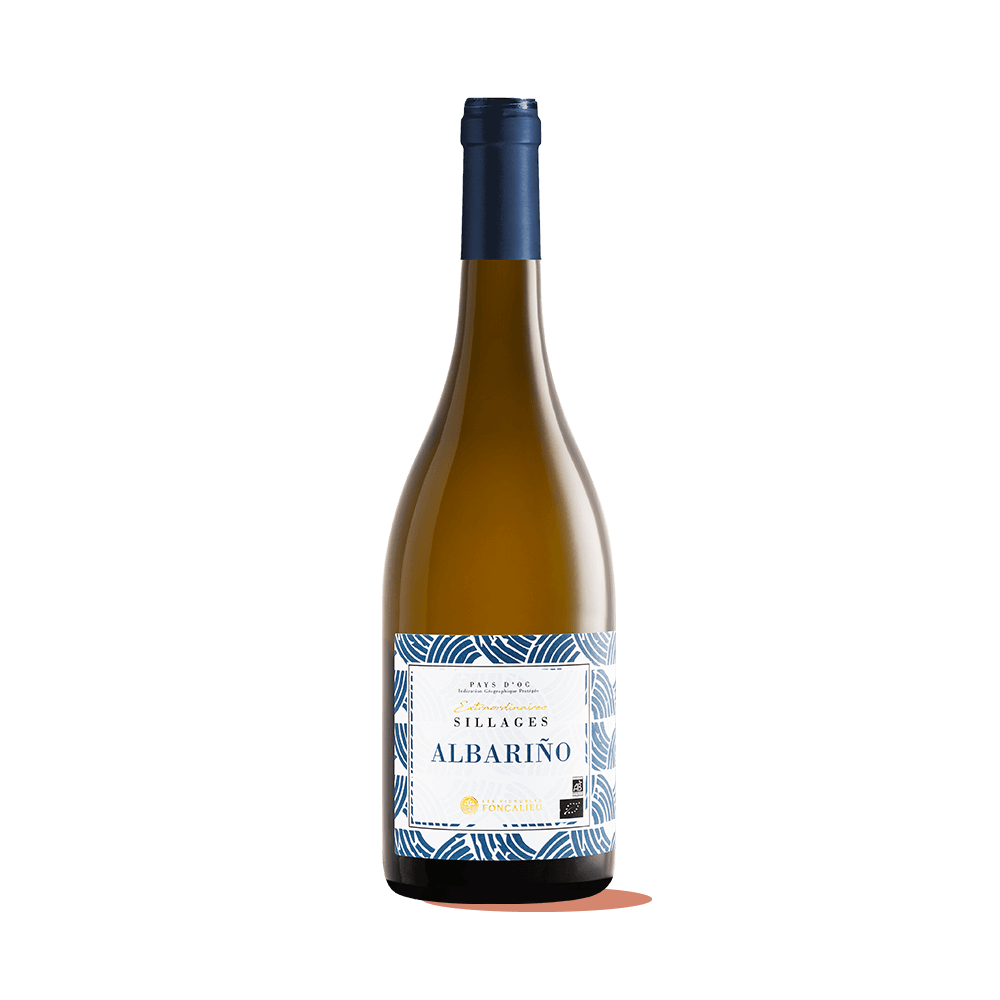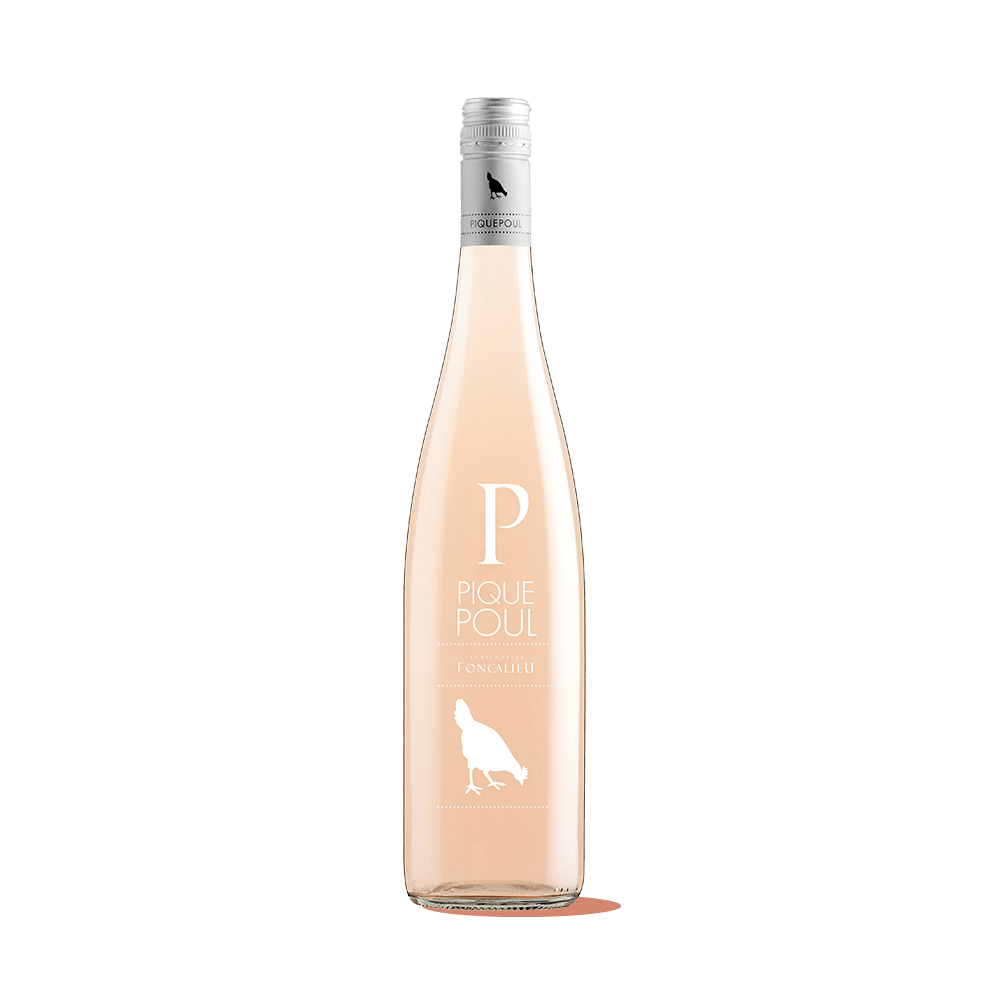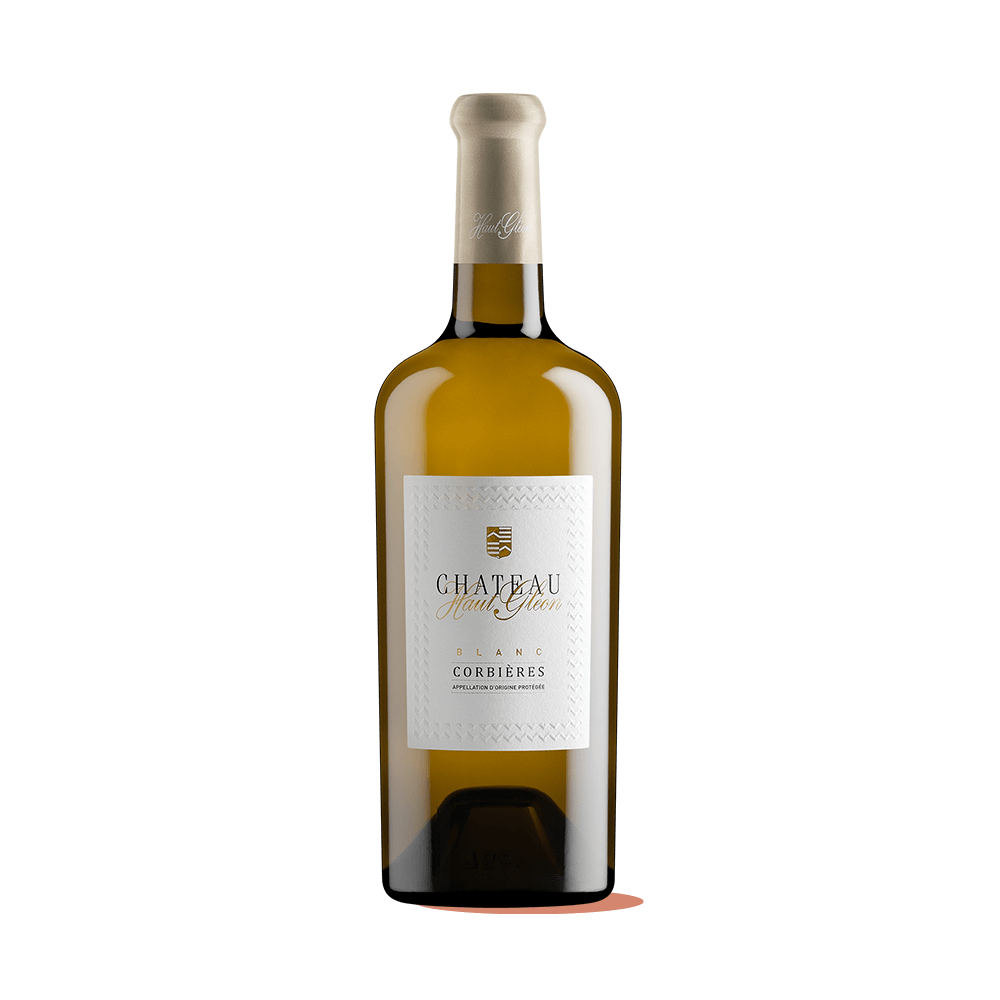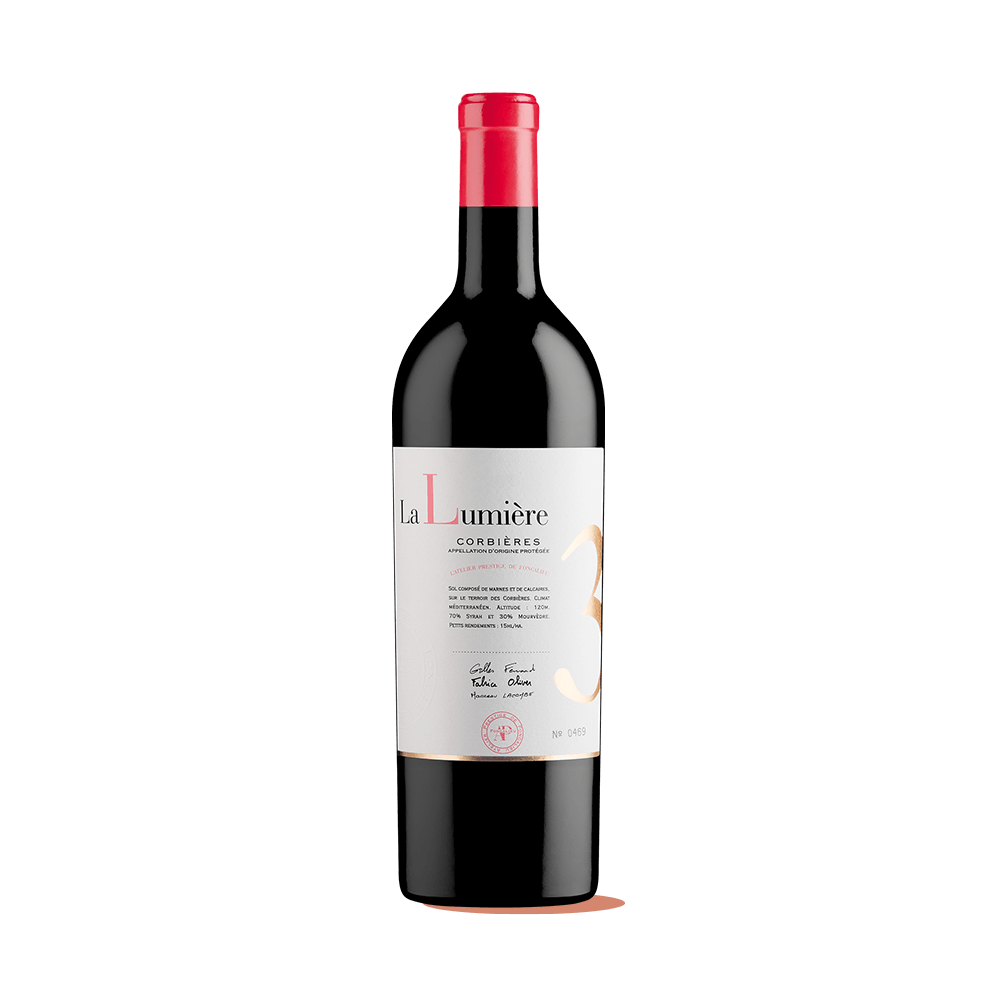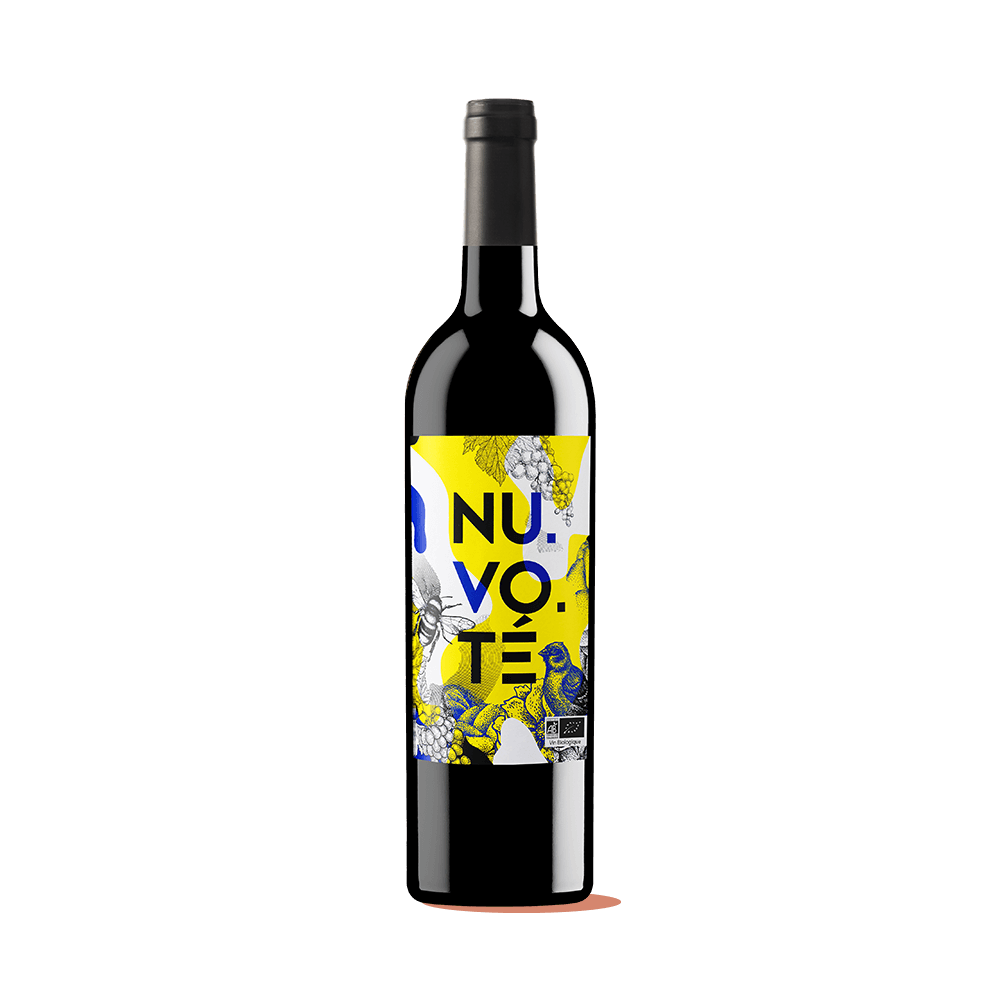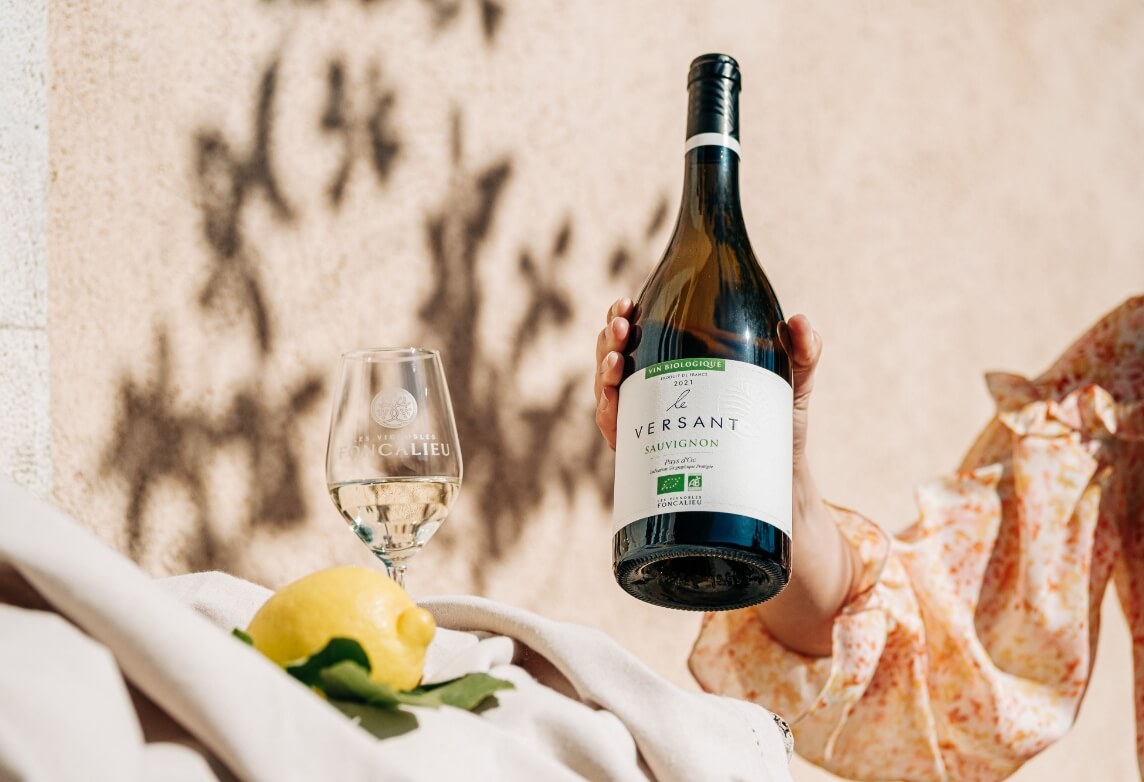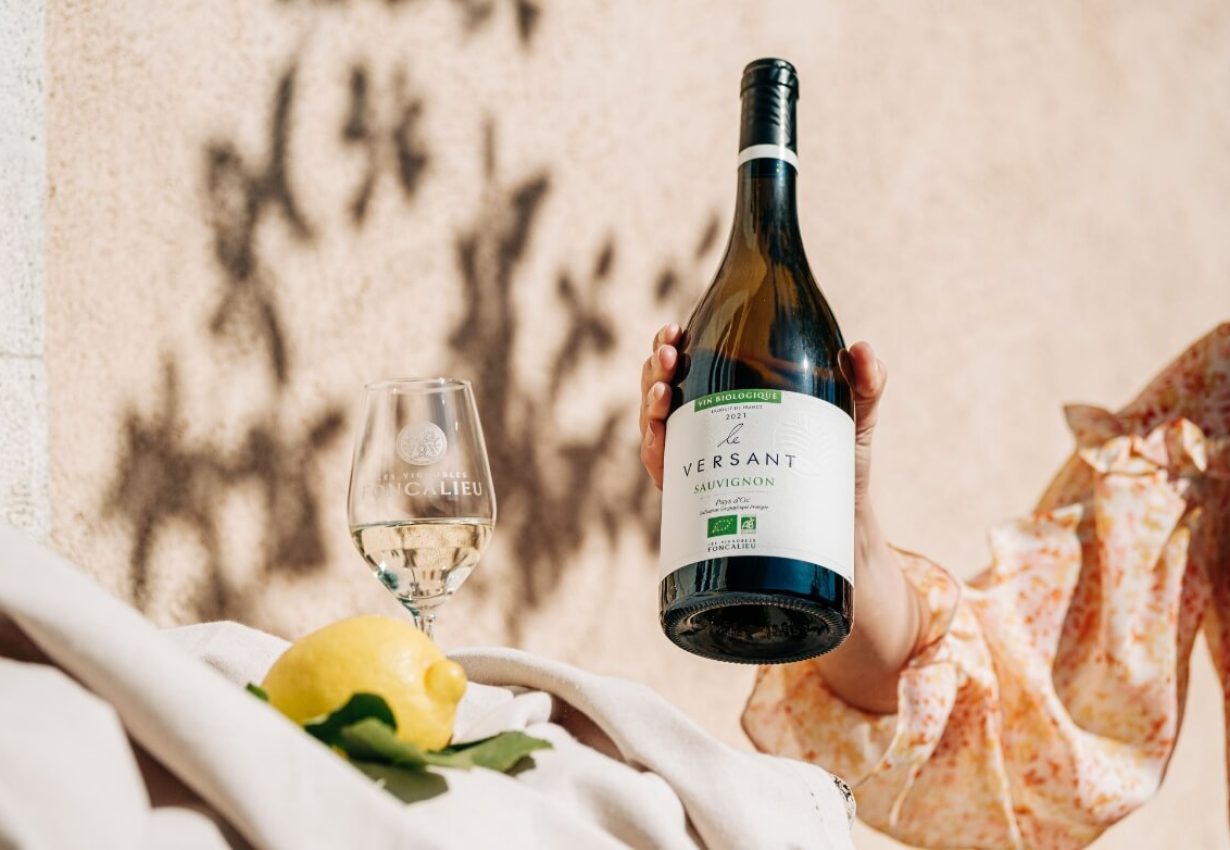LES COOKIES : QUELLES SONT MES OPTIONS ?
Le site utilise des traceurs électroniques, tels que des cookies, sur ce site. Certaines de ces technologies sont fournies par des société tierces qui ont accès par ce biais à des informations vous concernant, lorsque vous acceptez l’utilisation des traceurs en question.
Le présent menu vous permet de choisir les catégories de traceurs que vous souhaitez accepter et d’identifier les sociétés tierces qui peuvent accéder à vos informations dans ce cadre. Vous pouvez, à tout moment, modifier vos préférences en cliquant sur la rubrique « Gérer mes cookies » en bas de toutes les pages du site.
CATEGORIES DE TRACEURS
Les types de traceurs utilisés sur notre site sont listés ci-dessous, classés par objectif poursuivi. Les partenaires tiers qui fournissent ces traceurs et qui peuvent les utiliser pour accéder à vos informations sont indiqués pour chaque type de traceur
